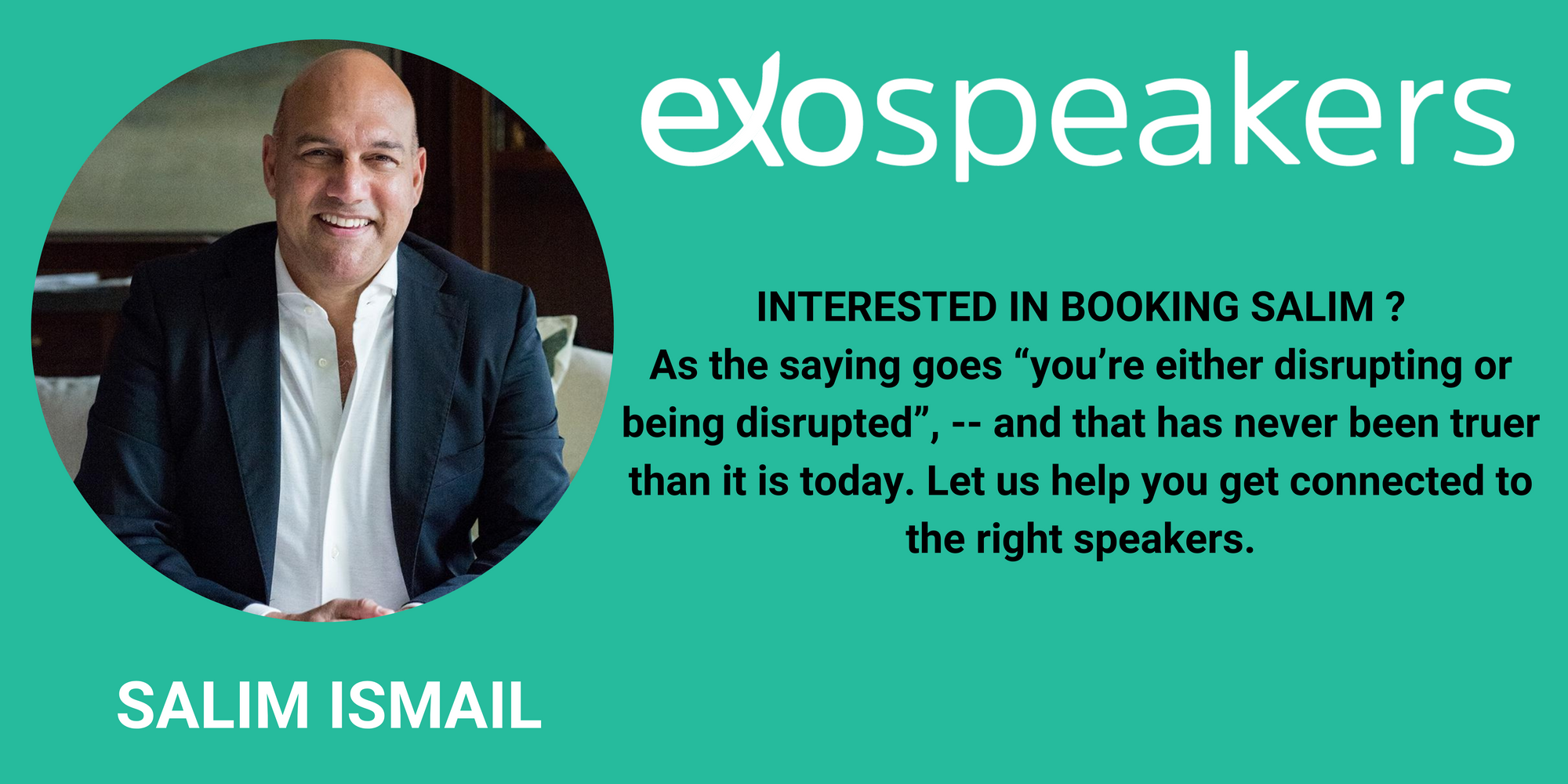
The Secrets of Unicorn Companies
Unicorn companies, according to Ismail, are not so concerned with finding unicorns as they are in the important question: "How do I become a unicorn?"
An excerpt taken from "The Secrets of Union Companies", first published by Wired. We are in an era of unprecedented value creation, and its symbol is the Unicorn — a company that rapidly gains to a valuation of a billion dollars and beyond. While pundits are again asking “Are we in a bubble?”, entrepreneurs are asking a more vital question: “What are the secrets that allow fresh startups to scale so dramatically?”
The sobriquet of Unicorn came from a seminal article from venture capitalist Aileen Lee in November, 2013, and from that point on, the meme of Unicorns has permeated startupland. As investors query new startups, the elephant in the room has been replaced by the single-horned equine, as potential funders ask whether the hoodied founders before them will indeed create Unicorns. It is not just a fantasy. Some wonderful products like Slack are exploding out of the gates, adding to the mystique of the label.
But in all this mania for finding Unicorns, very few are analytically asking, “How do you become a unicorn?” or “Why are they doing so well?” In our recent book, Mike Malone, Yuri van Geest and I (and our research team, led by Michiel Schuurman) have been exploring these issues, as well as crafting a condensed, how-to guide to building Unicorns.
“It is our thesis that Unicorns have worked out how to scale their organization structures in a completely new way. Our name for this is Exponential Organizations.”
Over the last couple of decades, the tech industry has learned how to scale technology. A startup can go from a hundred to millions of users without blinking. What’s less clear is how to scale the actual organization structure — that has always been a painfully linear and incremental process. The book, not surprisingly named Exponential Organizations, was released in October 2014 and received the Frost & Sullivan GIL 2014 Book of the Year award. On Friday, the first international language version was released in Holland.
We have been researching this phenomenon for three years and have identified dozens of startups we consider to be Exponential Organizations, or ExOs. The basic metric that we have established is that ExOs scale at a minimum 10x better than their peers in the same space. For example, a typical CPG (Consumer Packaged Goods) company like Johnson & Johnson or Procter & Gamble takes about 300 days to go from a new idea to a product on a Walmart shelf. Quirky, a leading ExO, does that same process — new idea to product on a Walmart shelf, in just 29 days. And that’s in an old industry, not some newfangled internet-software-freemium-social-gaming play.
Over the course of our research, we have been grading a large number of organizations, and today, we released our list of the top one hundred ExOs worldwide.
Click here for the entire blog post.

ExO Insight Newsletter
Join the newsletter to receive the latest updates in your inbox.








